News
05 March 2024
Plant a tree on the TU Delft Campus - sign up!
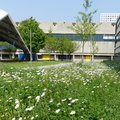
22 February 2024
Getting to the bottom of sustainable water storage
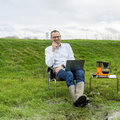
Nature-based solutions have become increasingly popular when it comes to finding ways to discharge or store water. How these behave in time is largely unknown, however. Two trial setups at Flood Proof Holland, to be studied over at least ten years, will give hydrologist Thom Bogaard and his team of students and other researchers a better understanding of the long-term effects of nature-based solutions. The outdoor setups will also provide plenty of opportunities for “multidisciplinary cross-pollination”.
16 February 2024
Green steel programme receives final approval, marking its official start
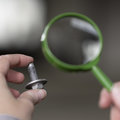
On 12 February, the Growing with Green Steel programme received official approval for a grant of more than 100 million euros from the National Growth Fund. Around 22 million euros of the total sum is destined for TU Delft. The programme aims to develop scientific knowledge and technology for sustainable steel production.
12 February 2024
Robust reactor design to simplify biomolecule production
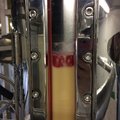
TU Delft and Delft Advanced Biorenewables (DAB) are engaged in a long term development of a low cost and robust integrated bioreactor especially for the production of biofuel precursors as well as chemical and other building blocks that have a common ‘oily’ behaviour of immiscibility with aqueous phases such a fermentation broth. Research of Rita da Costa Basto focused on the important elements of the integrated production process of hydrocarbons by the fermentative route such as coalescence and phase separation. She has defended her PhD thesis on this topic Thursday 11 January 2024 in Delft.
08 February 2024
How social science can make the energy transition more fair
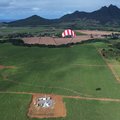
‘People living near an airborne wind energy test site in Germany experience noise, ecological and safety impacts from the airborne wind energy system similar to those from the nearest regular wind farm. The airborne system did score better on visual impacts.’ These are the main conclusions from a pioneering study into the social impacts of airborne wind energy conducted by Helena Schmidt, a PhD candidate at TU Delft in collaboration with Medical School Hamburg.